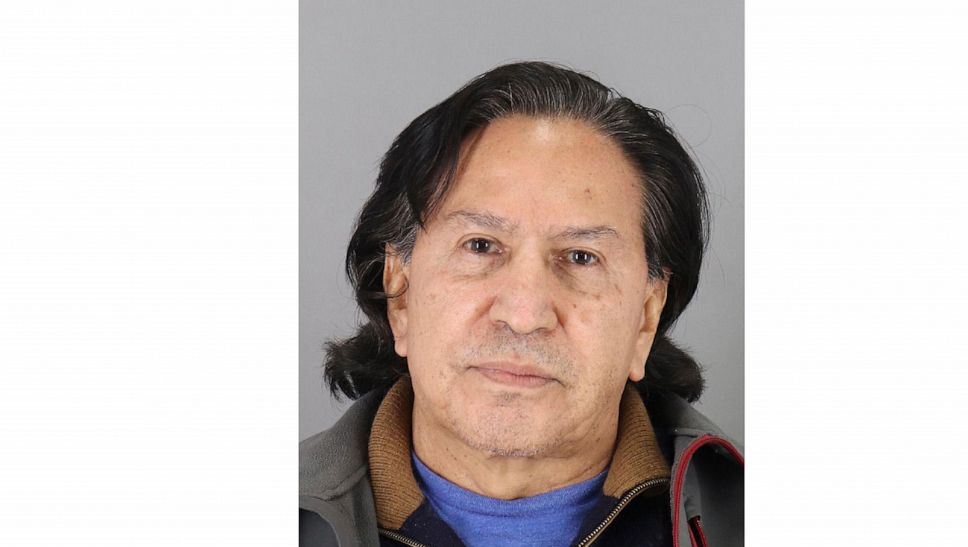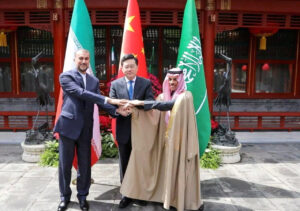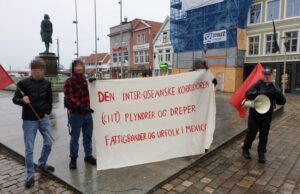
Ex-president of Peru accused of the Odebrecht case avoids extradition
This week, the 5th April, the appellation court of United States denied the appellation of extradition of the ex-president Alejandro Toledo. Finally, he achieved the appellation of the extradition for two weeks alleging that in Peru he will be in risk because of his advanced age, 77 years old, added to an illness of which he claims to suffer.
The webpage of New Peru [Nuevo Perú] added the 6th April, when the appellation of extradition was not approved, on the relation between Toledo and other presidents of Peru, as Pedro Castillo: “The international and the local media has told that soon the “yankee with chullo” [Peru’s traditional hat], Alejandro Toledo, ex-president between 2001-2006 of the old Peruvian State will be extradited from the United States to Peru. Who with all his personal environment and his prime minister, the ex-president Kuzinsky and other ministers appropriated of millions of dollars through the directions of contracts for big state works. Alejandro Toledo is investigated firstly because the Odebrecht case, from which he received 31 million dollars to approve the project.
The “Yankee with chullo” case has a lot of similarities with the case of the counter-revolutionary ‘rondero’ Pedro Castillo, who has also six corruption accusations against him also because of moving contract money of public works to businessmen that paid corrupted money to him, his family, his close circle and his accomplices like the rats from the ROL, or members of parliament who work for him, even members of the Fujimori’s party, Popular Action, APP, etc.
Toledo will be transferred to a golden prison, the prison of Barbadillo, in this prison, are also currently Pedro Castillo (in preventive imprisonment) and Alberto Fujimori (condemned because of crimes against humanity).”
The Odebrecht case is one of the major corruption’s cases that occurred in Peru. The executive director of the construction company Marcelo Odebrecht, bribed from 2005 to 2014 the different presidents of the Andean country, and of other countries, to achieve bids from different construction projects, with a value of 12,5 billions of US dollars in total. This fact has been confessed by the company’s director himself in front of the Justice Department of the USA. Nowadays Odebrecht is in Curitiba prison, Paraná, Brazil.
Each of the presidents of those years, Alejandro Toledo, Alan García and Ollanta Humala, has been investigated because of the case, also some of their relatives. Different forces demanded the extradition of Alejandro Toledo, president of Perú between 2001-2006 to be judged because of the case.
Toledo is accused of having received up to 21 million dollars because of the realization of a construction project that would link the Pacific and Atlantic ocean. He denies the accusations. Currently, he is been under house-arrest in California, United States, although previously he was confined in Santa Rita’s prison, in San Francisco, United States, but released because of the Covid-19 pandemic.
The daughter of Alberto Fujimori, Keiko Fujimori, is also accused for receiving money from Marcelo Odebrecht for her first presidential campaign, as he confessed. The executive director himself adds that it was ‘common’ to give money to the electoral campaigns of the parties which had high probabilities to win, and assures that she received around half a million dollars.
But not only politicians of Peru are implicated in the case, Marcelo Odebrecht also confessed to have illicit contracts with the “Worker’s Party” [Partido dos Trabalhadores – PT] in Brazil, lead in that moment by Lula da Silva, political ally of Ollanta Humala, another one of the accused, in the region of Humala Heredia, as the newspaper CNN says. In 2016 charges were presented against the president of Brazil from 2003 and 2010, who is again currently the president. The president has already been arrested in 2016 because of being related with passive bribery, because of the ‘mensalão’ case, spending almost three years in prison. The PT’s leader was convicted for corruption and money laundering, but the Supreme Federal Tribunal [STF] overturned the conviction because his rights during the process were not respected.

